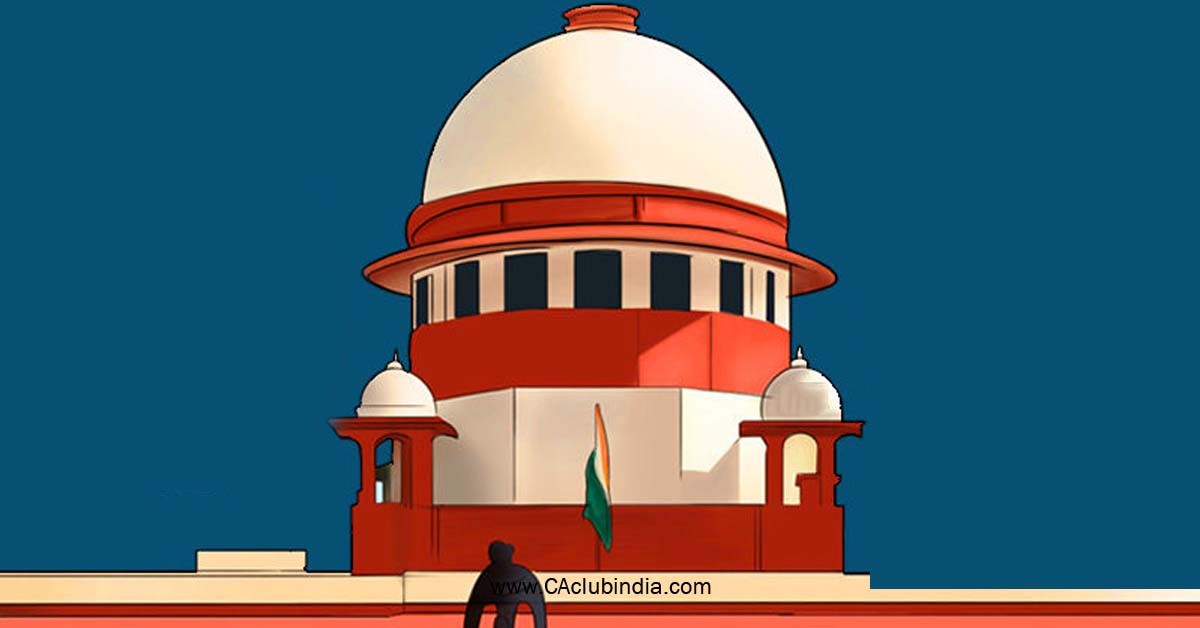On Thursday, the Supreme Court of India reinstated tax notices worth an estimated ₹20,000-23,000 crore issued by the Directorate of Revenue Intelligence (DRI) to several major corporations, including Vedanta Ltd, Vodafone Idea Ltd, Adani Enterprises, and Indian subsidiaries of Sony, Samsung, and Canon. These notices, pending since 2006, were revived following a ruling that affirmed the DRI’s authority to issue show-cause notices under Section 28 of the Customs Act.
A three-judge bench, comprising Chief Justice D.Y. Chandrachud, Justice J.B. Pardiwala, and Justice Manoj Mishra, ruled that DRI officers are empowered as “proper officers” under the Customs Act, validating their authority to issue notices and recover dues. The ruling overturns a previous 2021 judgment that limited DRI’s scope and led to widespread quashing of tax notices by various tribunals.

Background of the Case
The reinstated notices are part of a long-standing legal battle following the Supreme Court’s 2021 “Canon” ruling, which stated that DRI was not the “proper officer” to conduct customs investigations. This decision resulted in significant setbacks for the DRI, weakening its authority over tax recovery cases. In response, the government filed a review petition, emphasizing the financial implications tied to the unresolved tax notices.
Government’s Case for Review
Additional Solicitor General N. Venkatraman argued for revisiting the previous ruling, highlighting the critical backlog of cases that had accumulated due to the Canon judgment. According to Venkatraman, approximately 800 cases from Delhi alone had been delayed due to uncertainty regarding DRI’s jurisdiction, with similar cases pending across other tribunals. The Supreme Court’s latest ruling resolves ambiguities about DRI’s jurisdiction, enabling it to act on 18 years’ worth of pending show-cause notices.
Implications of the Supreme Court’s Decision
Legal experts have indicated that DRI officers can now issue show-cause notices, collect unpaid duties, and reclaim erroneous refunds without consulting other customs authorities. However, they caution that many notices may fall outside the limitation period for fresh issuance, depending on the original issuance dates. With substantial revenue at stake, the ruling signals the DRI’s intent to pursue pending cases, potentially prompting fresh recovery actions.
The Canon Case and Impact on DRI’s Authority
The “Canon” case involved a customs dispute concerning imported cameras that allegedly bypassed duties based on incomplete documentation. In 2021, the Supreme Court ruled that DRI officers were not authorized to issue notices in such cases, stating that only customs officers at the port of entry had jurisdiction. The Canon ruling led to a suspension of DRI’s cases, with the Central Board of Indirect Taxes and Customs (CBIC) advising officers to hold DRI-issued notices in abeyance.
The recent ruling now restores DRI’s role, as reinforced by the Finance Bill 2022, which clarified the designation of DRI as “proper officers” under the Customs Act. This amendment has effectively revived the DRI’s authority to address customs disputes and anti-evasion duties in its role as India’s primary anti-smuggling agency.
This decision marks a turning point for the DRI, restoring its mandate to pursue significant tax recovery cases that have long awaited resolution. The ruling is expected to have a substantial impact on ongoing and future customs-related litigation involving major corporations.





 CAclubindia
CAclubindia

